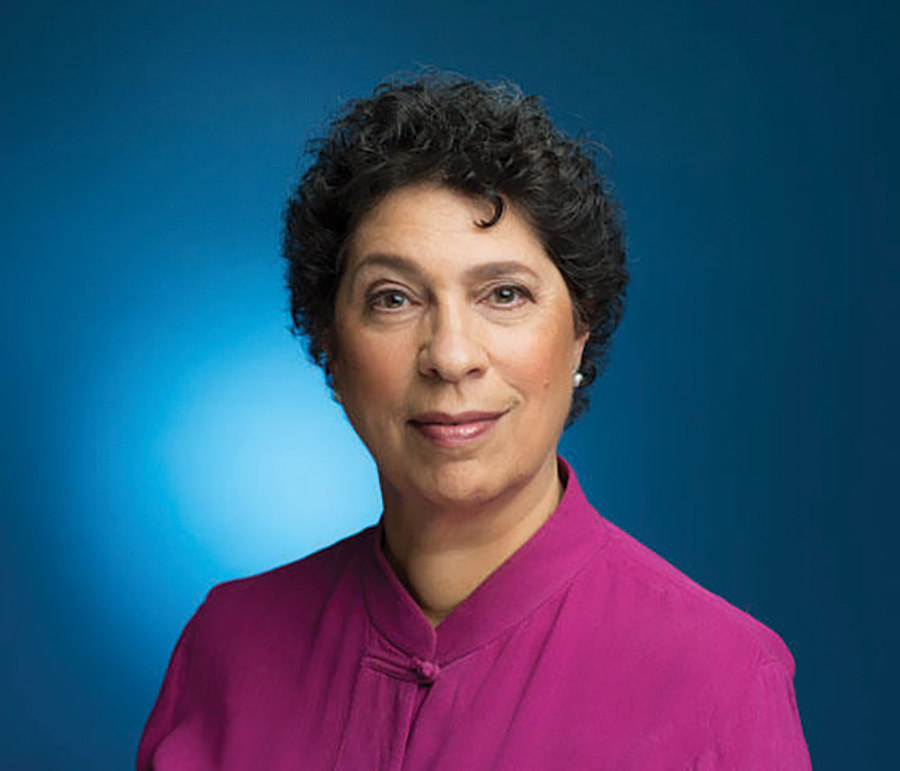
Closing


The Future of Civil Liberties
Why did you write your latest book and what do you hope readers will take away from it?
I wrote this book because I wanted to share what I learned from spending over three decades on the American Civil Liberties Union (ACLU) Board of Directors, including 12 years as president, and four decades teaching about the U.S. Constitution.
I hope that readers will take away an appreciation for how civil liberties came to be recognized in the U.S. during the 20th century and how it has come to pass that we are now losing so much of what our predecessors struggled to win. The opening line of the book is a quote from the ACLU’s first executive director, Roger Baldwin, who frequently remarked that no civil liberties battle ever remains won. I would like readers to see the history of civil liberties as involving pendulum swings, and to engage with the question of how we can get the pendulum to swing back in the direction of liberty and equality.
Elgar Press, which invited me to write this book as part of a series, is based in the United Kingdom, so I also wanted to make the uniquely American history and construction of civil liberties accessible to a non-American audience.
What do you anticipate the hot topics will be when civil libertarians gather for your book talk this fall?
I’m very excited about the panelists who have agreed to take part on Oct. 13 in what I think will be an important conversation about the future of civil liberties: Erwin Chemerinsky, dean of Berkeley Law School and celebrated author, speaker, and litigator; Ellis Cose, a stellar journalist who wrote the history of the ACLU for its centennial celebration in 2020 (Democracy, If We Can Keep It: The ACLU’s 100-Year Fight for Rights in America); Anthony Romero, the brilliant executive director of the ACLU since 2001 (he started the job one week before 9/11), who has led the organization’s opposition to terrible ideas ranging from Guantanamo to voter suppression to the Trump administration’s family separation policies; and Nadine Strossen, my fabulous predecessor, who during and after her time at the ACLU has been an eloquent and ardent defender of fundamental civil liberties principles, including the freedom of speech at a time when free speech has been under siege from so many directions.

What constitutional issues and debates are most intriguing to you right now?
I am very much interested in all of those critical areas of civil liberties. In addition, one issue I find intriguing at present is the limited nature of our American conception of civil liberties. Our Bill of Rights is almost exclusively negative, announcing what government is not allowed to do. Government, for example, may not tell us what religion to follow, punish us for expressing an unpopular opinion, or lock us up without affording us due process.
The U.S. signed the 1948 Universal Declaration of Human Rights (UDHR), which declares the universality not only of civil and political rights like our First Amendment freedoms, but also of affirmative rights, including socioeconomic rights (to basic sustenance, housing), and a right for all to be treated with dignity—rights Eleanor Roosevelt, a leader of the UDHR project, and her husband, Franklin, saw as the next phase of American constitutional development.
The U.S. has, in many ways, been a model of liberty. But we have not figured out how to effectively serve the value of equality, added to our Constitution only after the Civil War. And the third value the French posit as fundamental—fraternity, an inspiration for the UDHR’s recognition of a right to dignity—is not on our screen at all. I’ve been thinking about what an American form of fraternity might look like and how that third value might enable us to harmonize our goals of liberty and equality.
At a time when we are in such a defensive posture about so many of our rights and freedoms, I am enjoying thinking about a more optimistic future in which our panoply of rights might actually expand rather than contract. There’s not enough space here to really explain all of this, so stay tuned for another book.